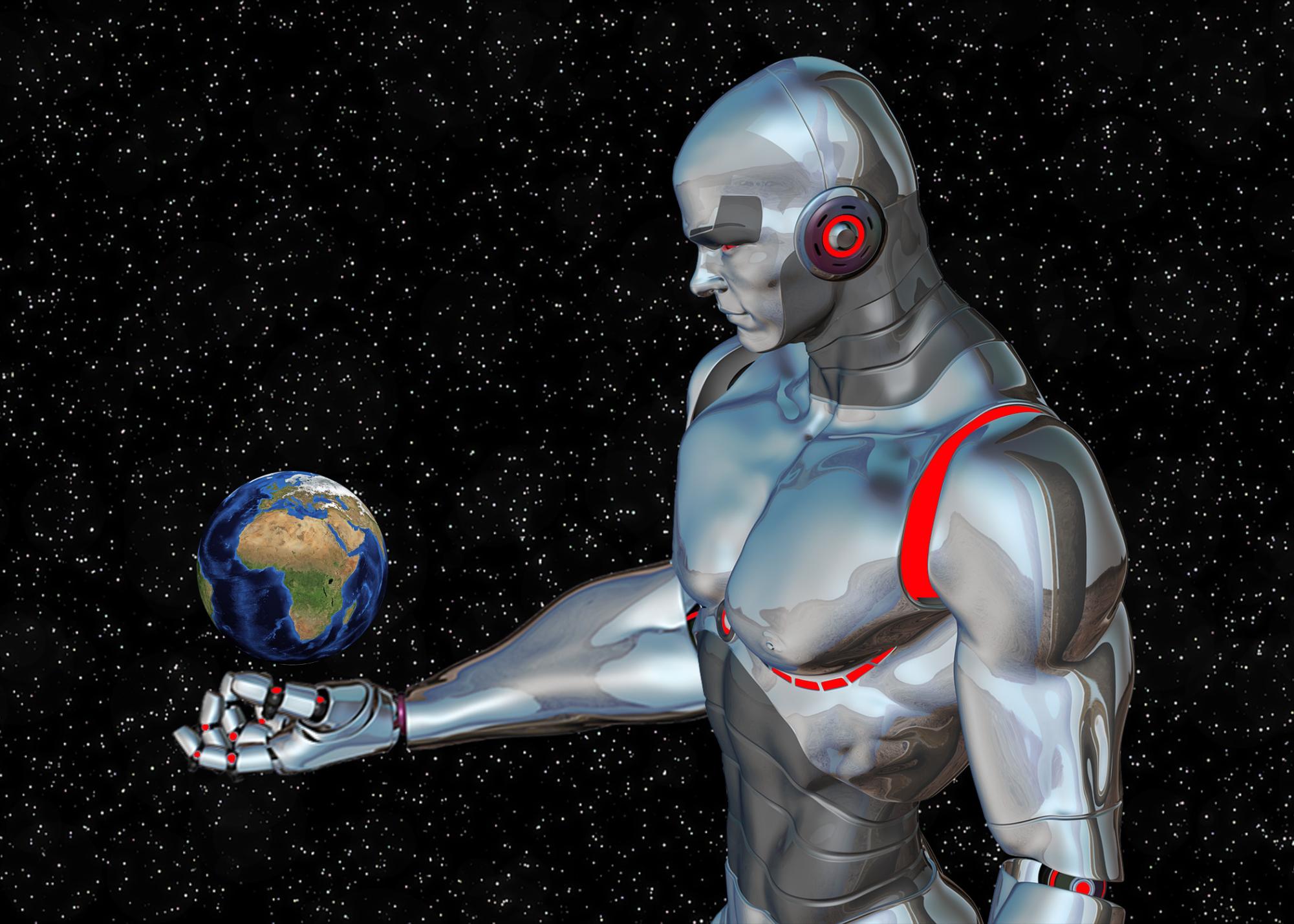The world of artificial intelligence, such as those present in internet chatbots, has caused a stir about the future of human work and, indeed, human intelligence. Many compare their fears to the dystopian futures found in fictional works such as “The Terminator.”
Enter Isaac Asimov. A well-known science fiction writer with over 400 books under his name, he published a collection of short stories that were collectively called “I, Robot” in 1950. Tied together, these stories document a fictional history of robotics and the humans that govern them, stretching from the super-futuristic year of 1998 all the way to the distant doom of 2052.
Asimov’s signature feature was his worldbuilding. All sci-fi writing depends enormously on good worldbuilding, but Asimov does it to a tee. I hate spoiling stories, but here are the Three Laws of Robotics, the rules that dictate how each and every robot manufactured must act:
- A robot may not injure a human being or, through inaction, allow a human being to come to harm.
- A robot must obey orders given to it by human beings except where such orders would conflict with the First Law.
- A robot must protect its own existence as long as such protection does not conflict with the First or Second Laws.
From these rules sprout the rest of Asimov’s world. The governments, corporations and people that impose the laws are actively pushed to their limits, forming a society that is partly wary and distrustful of the advancing technology, but at the same time hungry and wanting for more.
The robots take on a silent but deadly approach, with each new generation becoming more villainous than the previous one.
In addition, Asimov’s profound knowledge of the leading science of the day lends itself to the believability of the novel. No good author writes a story without some level of research. In “I, Robot,” this shows in Asimov’s scientific jargon and thorough descriptions of the setting and the technology powering the robots. While his worlds are entirely theoretical, they all feel like they could be possible, even if they materialize thousands of generations from the present day.
I wouldn’t universally recommend the novel. For one, it’s fairly slow-paced, which may not be suitable for all readers. Additionally, the scientific aspect can be a little difficult to understand if you’re not previously familiar with Asimov’s work or if you don’t take the time to read each passage thoroughly.
At the end of the day, however, the novel’s main intention is to make the reader reflect on the state of technology and the humans who use it. The people that enforce the ethics of robotics via the Three Laws are the same ones, in a sense, leading humanity to its submission to their metal overlords. This precedent should look eerily familiar to anyone who has been following the news on AI over the past 14 months.
This is perhaps the novel’s most important impact. For decades after its publication, its Three Laws have influenced similar sci-fi works about robotics. It’s amazing – and terrifying – that its relevance and insight is just crossing over into the real world.




